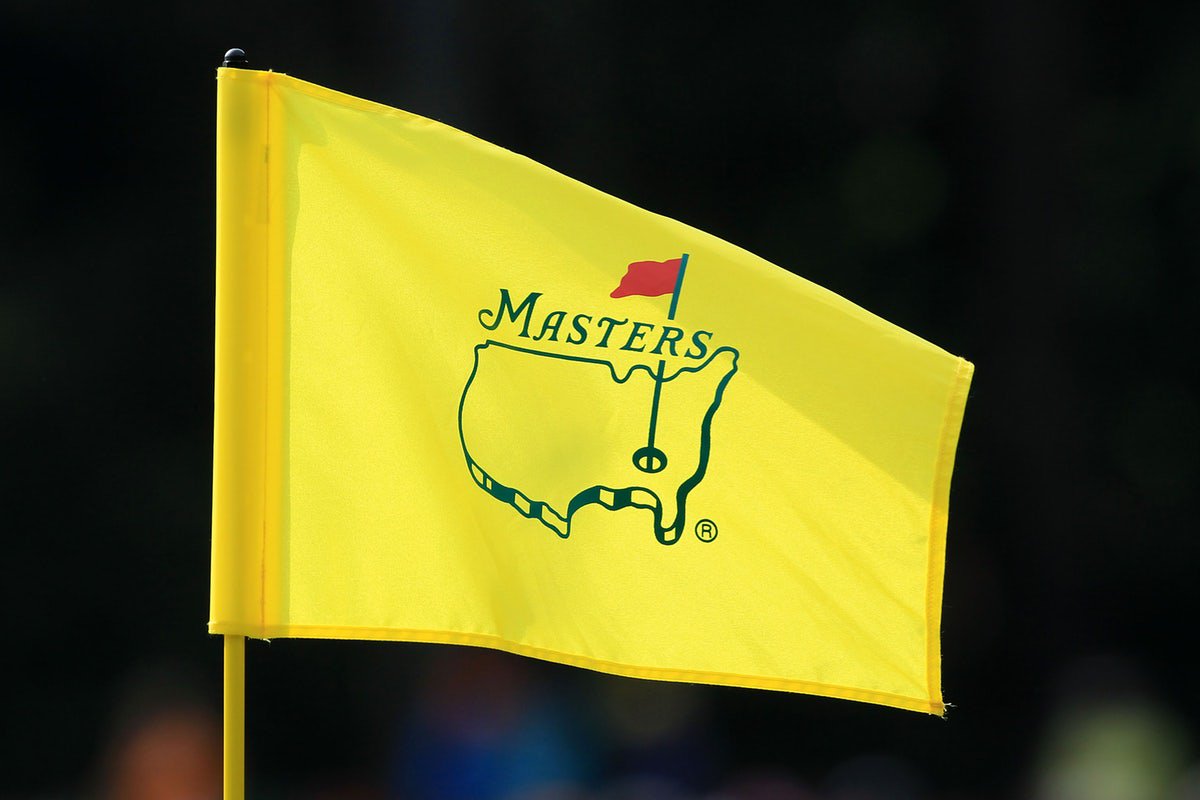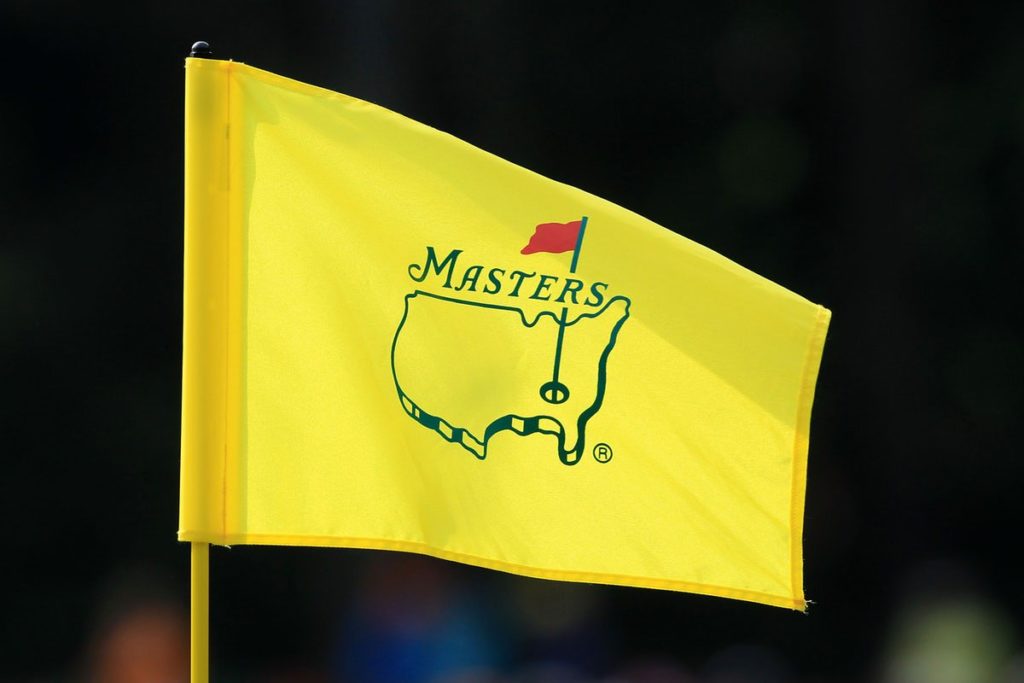When you’re the 2015 defending Masters champ and you have a muscle spasm on Augusta National’s No. 12 on Sunday, the writers go from being handed Jordan Spieth to getting Danny Willetted. Historic collapse, but it’s happened before and will happen again. Just ask Sam Snead and Ben Hogan and Arnold Palmer and … Greg Norman.
This ran originally in April of 2016 in The Times and The News-Star.
By Teddy Allen
AUGUSTA, GA – Turns out that at Augusta National, Jordan Spieth can’t walk on water. Sometimes, he can’t even hit golf balls over it.
In a terrifically quick-turn flip-flop, Spieth saw a seemingly safe lead and his hopes of defending his Masters title drown late Sunday in the same amount of time it takes to say “quadruple bogey.” He walked to the back nine winning by five — and lost by three.
Taking advantage was 28-year-old wiry new father Danny Willett, a man who wouldn’t have played this week had his son not been born a week early. Sunday, the second-time Masters participant was the one who delivered, the champ of the 80th Masters due to a steely back-nine 33 and overall 67 for a 283 total that beat both Spieth and Lee Westwood by three.
“It all happened very, very quicky, obviously,” Willett said. “We went from behind, to two in front. It was all a bit surreal.”
Surreal must mean something like this: defending champ Spieth, who a day earlier had become the first player in history to lead the Masters outright for seven consecutive rounds, stood on the 12th tee at Augusta National in the late afternoon with a 9-iron in his hands and the magic he’d made here slipping through his fingers.
In each of his three Masters appearances, Spieth had played in Sunday’s final pairing. He was a runner-up in his first Masters two years ago, then won last year’s championship in record fashion. As he did in 2015, he’d led wire-to-wire again going into Sunday: his lead was a stroke when the day began, then grew to five when he finished a front-nine, 4-under 32.
For the past three springs, the first full week in April was magic in Augusta for Spieth. And the same was true this week – until the back nine Sunday and, most spectacularly, until the 12th tee box, the one that sits 155 yards from the hole, the one with Rae’s Creek guarding a small green.
What happened was that Spieth bogeyed 10 and 11 but still held a three-shot lead. But … his tee shot on 12?: water. Next shot: chubby, no chance, water. Third shot: back sand trap. Score: 7.
“I didn’t take that extra deep breath and really focus on my line on 12,” said Spieth. “Instead I went up and put a quick swing on it.”
He had the right club but not the “right swing” to get the ball flight he wanted, he said. Plus, “that hole, for whatever reason, just has people’s number.”
Again, the math is remarkable for a player of Spieth’s caliber: He’d walked off 9 with a five shot lead, approached 12 with a three-shot lead and left 12 two strokes behind. Despite birdies on 13 and 15, he came in at 41 and finished with a 1-over 73, (so yes, that’s 32-41, or an extra stroke a hole on the back as compared to the front).
Somewhat lost in the fascination with how quickly that had happened – Superboy broke his leg? – was the equal reality that Willett, a preacher’s son from Hackenthorpe, which isn’t in Georgia or the United States but is instead, for some reason, in England, was shooting his tied-for-the-day’s-best 67, and only three pairings in front of Spieth.
“I’m going to have a reasonable chance,” Willett said on the eve of his victory, “but I’ll have to do something special.”
The only Englishman to win the Masters besides Nick Faldo, the delightful, thin, steady, willowy Willett birdied 10 and 13 just prior to Spieth’s wheels coming off, then birdied 15 while Spieth was feeding the creek on 12.
Suddenly, a championship was up in the air. Even after the bogeys on10 and 11, Spieth still had the lead by three, and with two par-5s to play. Except for Willet and Dustin Johnson, whose 71 gave him a share of fourth Sunday, the other four players within three shots of the lead after Saturday went the other way all afternoon: for LSU star Smylie Kaufman (81 Sunday), Bernhard Langer (79), Hideki Matsuyama (73) and Jason Day (73) disappeared, leaving the charging Westwood (71) and the too-little-too-late duo of Paul Casey and Matthew Fitzpatrick, who matched Willett’s 67, tied for fourth and seventh, respectively.
“It was a weird day for both of us,” said Kaufman, 24, who was in the final pairing with his buddy Spieth.
It was, as Willett said, surreal and special. But mostly, maybe it was weird. Golf fans know that Greg Norman blew the largest 54-hole lead in Masters history, six shots, and Nick Faldo took advantage; his 67 earned Faldo a third Green Jacket. How does that compare to Spieth losing a 5-shot lead with seven holes to play? Since it was quicker, it seems less the passion play that Norman’s did. Still, it was weird, and the result was the same.
On the bright side for Spieth and golfers everywhere, it helps to remember that Sunday’s shenanigans mean that Spieth joins a stellar list of great ones who let great big ones get away:
Norman collapsed here in 1996;
Sam Snead made 8 on the final hole of the ’39 U.S. Open and lost in a playoff; Ben Hogan lost here by a stroke with a three-putt on the 18th in ’46, and another 18-green three-putt in that year’s U.S. Open cost him a spot in that playoff; Snead missed a putt of less than two feet to lose the ’47 U.S. Open; and finally, Masters hero Arnold Palmer, the most everyman-golfer of them all, hit into the bunker on the 18th here in ’61 and double-bogeyed when a par would have won it. Because of it, he missed that chance at back-to-back Masters wins.
Sunday, so did Spieth.
-30-

